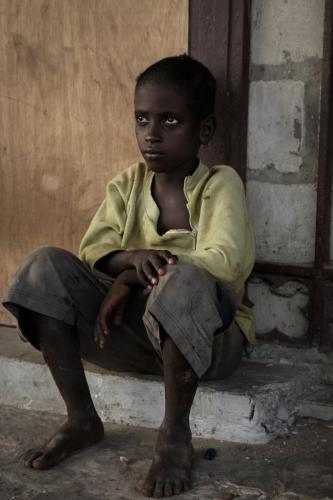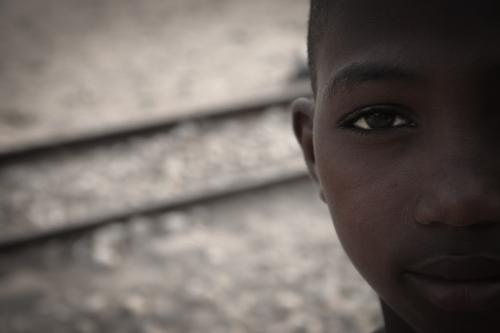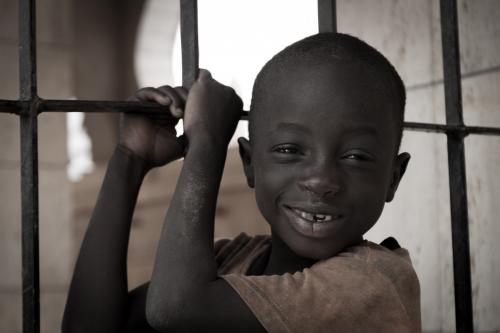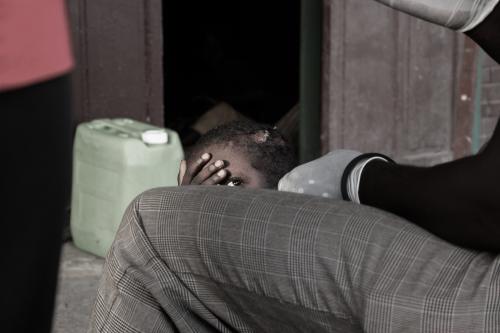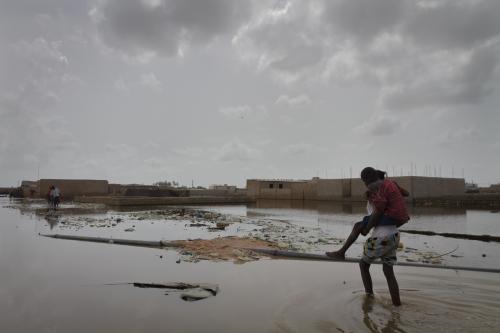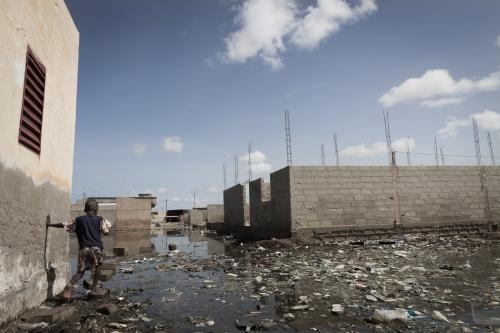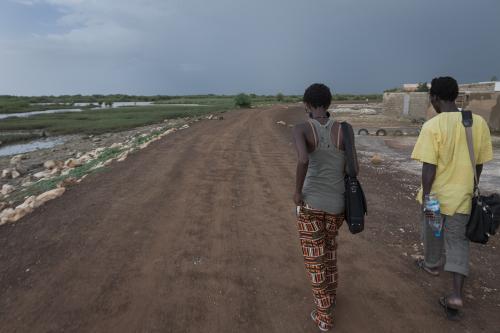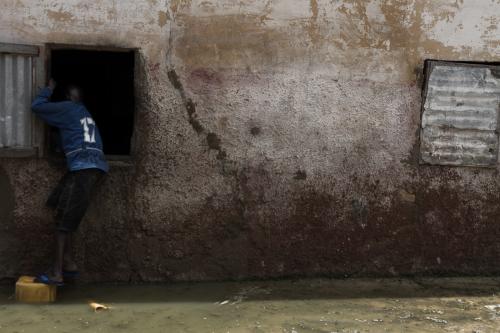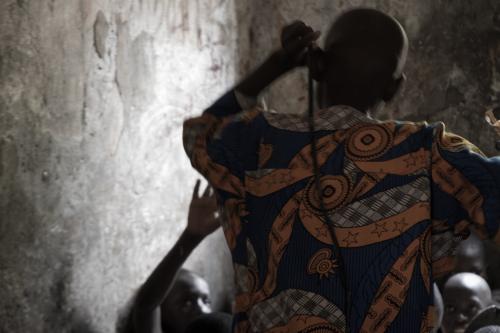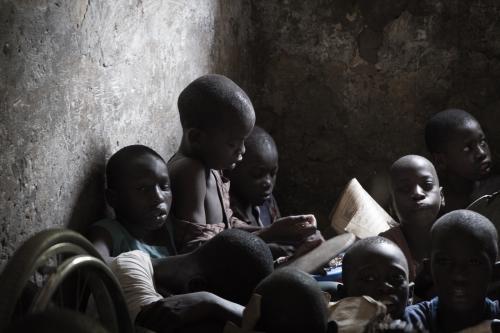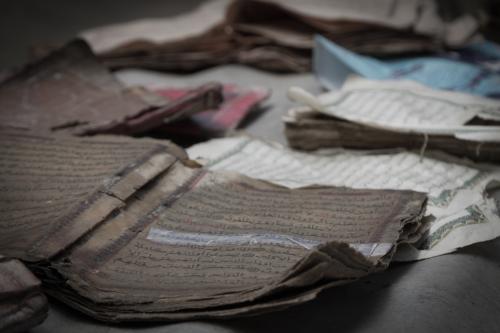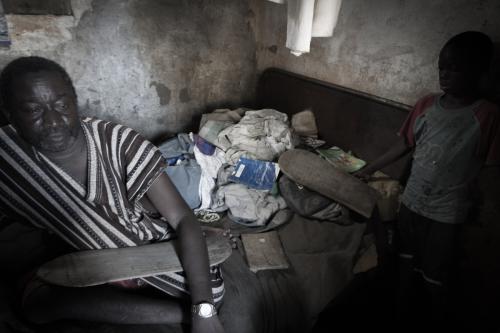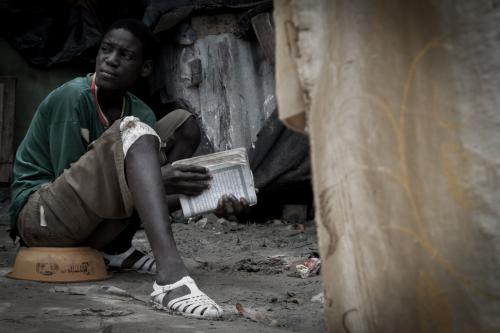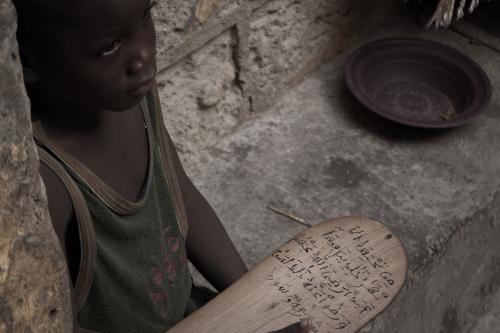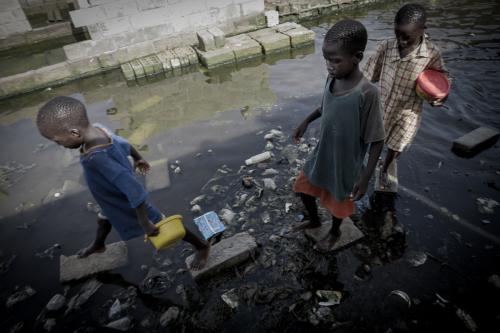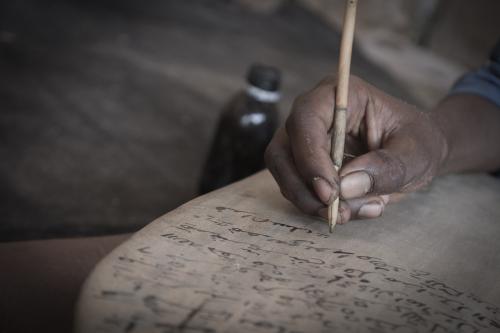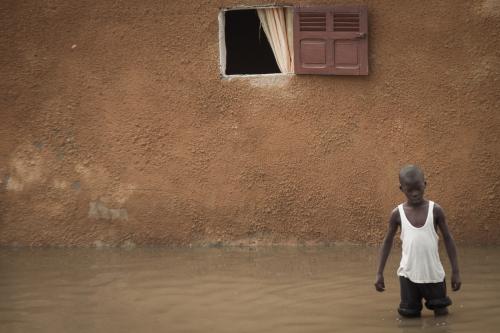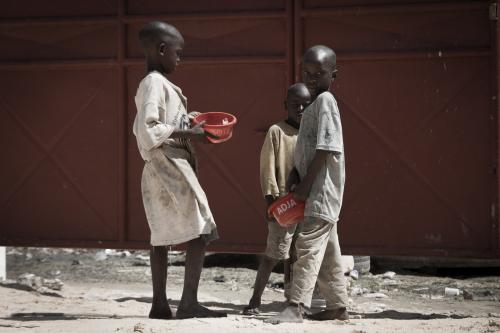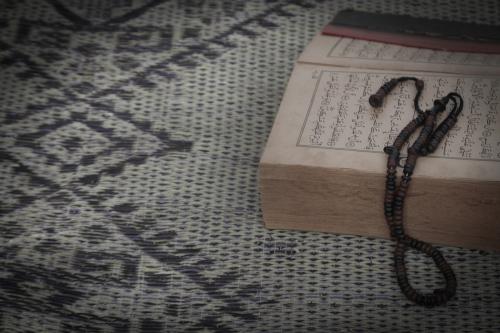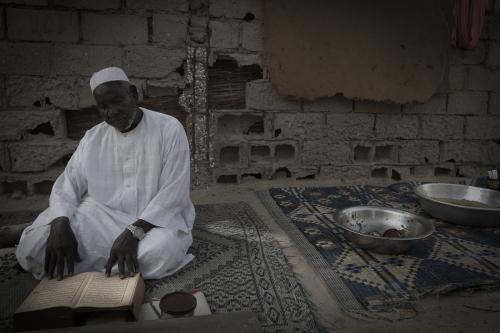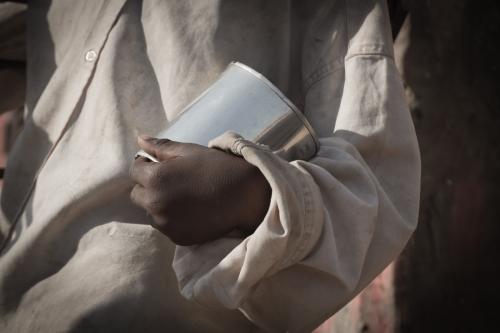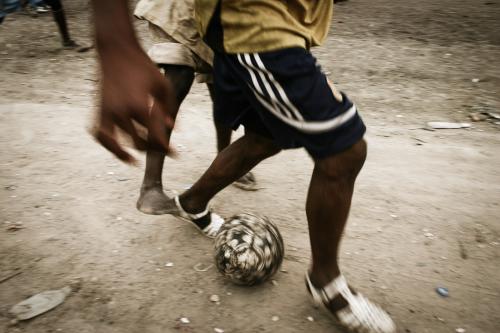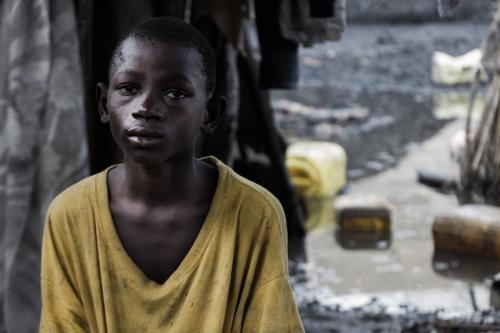INDEX
Photo Essays
Myanmar - On the Circular
Afghanistan - Strengthening the Rule of Law
Sweden - Blue Gold
Talibé - The Least Favored Children of Senegal
Children of the Americas
The Georgia Files
A Life Displaced
Resiliance Comes in Many Shapes
Women Reconstructing a Country
Lomisoba - A Feast of Many Meanings
Chiatura - On the Manganese Trail
Wall Art & Online Training
Wall Art
Online Photography Training - Basic Photography for Peace Security and Development Monitoring
Booking
Prices include relocation to a place of choice. Up to 20-25 images are delivered in digital format to the client. Depending on intended use (commercial, print, wide distribution) changes may apply. All clients/models must sign the release. The price does include studio lights but not rent for a studio. Any additional expenses are covered by the client if nothing else is agreed. All photoassignments are subjected to discussion with the client. Materials are ready within 10-14 days (subejcted to changes depending on workload).

Talibé
Least favorite children of senegal
Estimated 50 000 boys live in conditions akin to slavery…
The name “talibé” derives from the Arabic word for disciple, apprentice, or student. Sadly, it has another connotation in large parts of Western Africa as the name is given to young boys that are living a life of perpetual enslavement. Talibés are what first meets the eye as one sets foot in Senegal. Entering into their world, it is difficult not to be touched by their stories of systematic physical abuse, often fading memories of their families and homes, and their life with their spiritual teachers in local schools called Daaras.
The plight of the talibés was brought to Fallckolm's attention in early 2007 while holding a guest lecture at Oxford University. The photos were taken in Dakar, St. Louis and the Holy City of Touba, while working on child protection with a local organization. They are an attempt to capture the lives of the children in and outside the Daaras.
Talibés are mostly boys enrolled in local schools known as Daaras. Most talibés are between the age of 4 and 16, although older boys are not uncommon. In 2010, Human Rights Watch estimated that over 50,000 boys are subjected to systematic neglect and physical abuse while living in the schools.
It is a common practice to subject the children to forced begging and many spend up to 12 hours on the streets. Whatever they collect is then given to their teacher and spiritual leader also known as a Marabou. Many of the boys are brought to the schools by their parents or male relatives. A practice which, according to the definition of the International Labor Organization, amount to trafficking.
The tradition of keeping talibes is deeply rooted in the history of the country. It reflects strong veneration for the founder of the Mouride Brotherhood and his relation to one particular disciple. In Senegal the relationship with the Marabou is often lifelong as the Marabou is present in all social cultural and spiritual life. While families are often aware of the conditions in many of the Daaras, custom dictates that all children should have a Marabou.
The Mourides are a large Sufi order and political powerhouse in western Africa. The order was founded roughly around 1883 and quickly became a strong religious institution and a symbol for Senegal's non-violent resistance to French colonial rule. Central to their belief system is the importance of the Marabou as a spiritual leader and the sanctity of hard manual labor. In a country with a large segment of the population still suffering from chronic poverty, the important relation between a spiritual leader and disciple has come to justify the use of talibés for generating a livelihood.
Local and international organisations are struggling to provide the most rudimentary medical, psychosocial and educational support. Many children suffer from chronic malnutrition and regular infections due to the lack of sanitary facilities. National organisations are increasingly working towards formalizing the largely unregulated system of Daaras. However, local Marabouts have shown reluctance.

